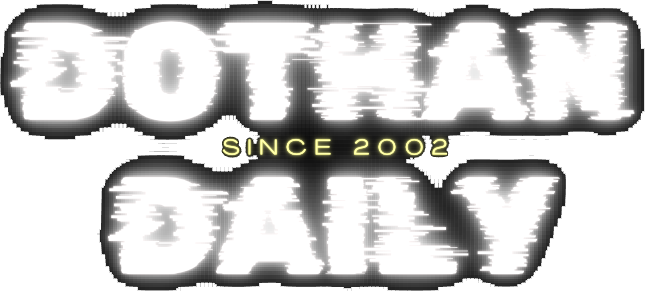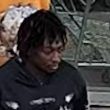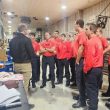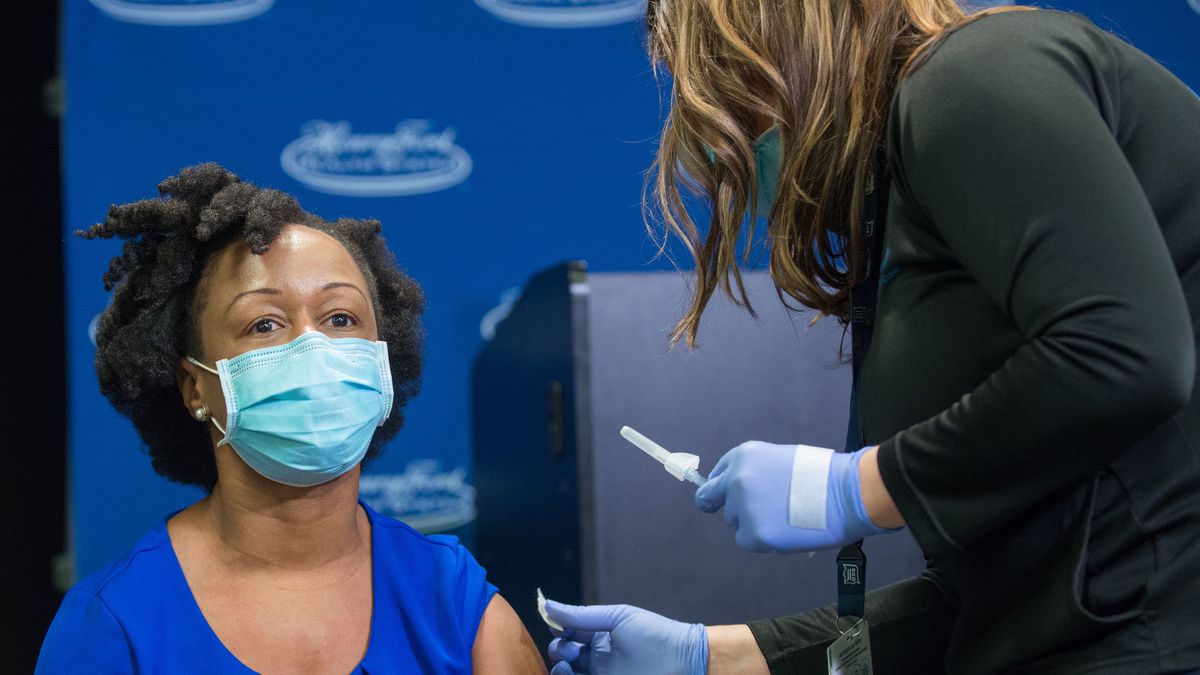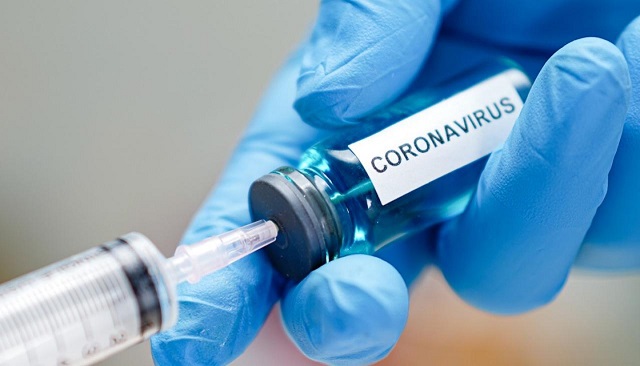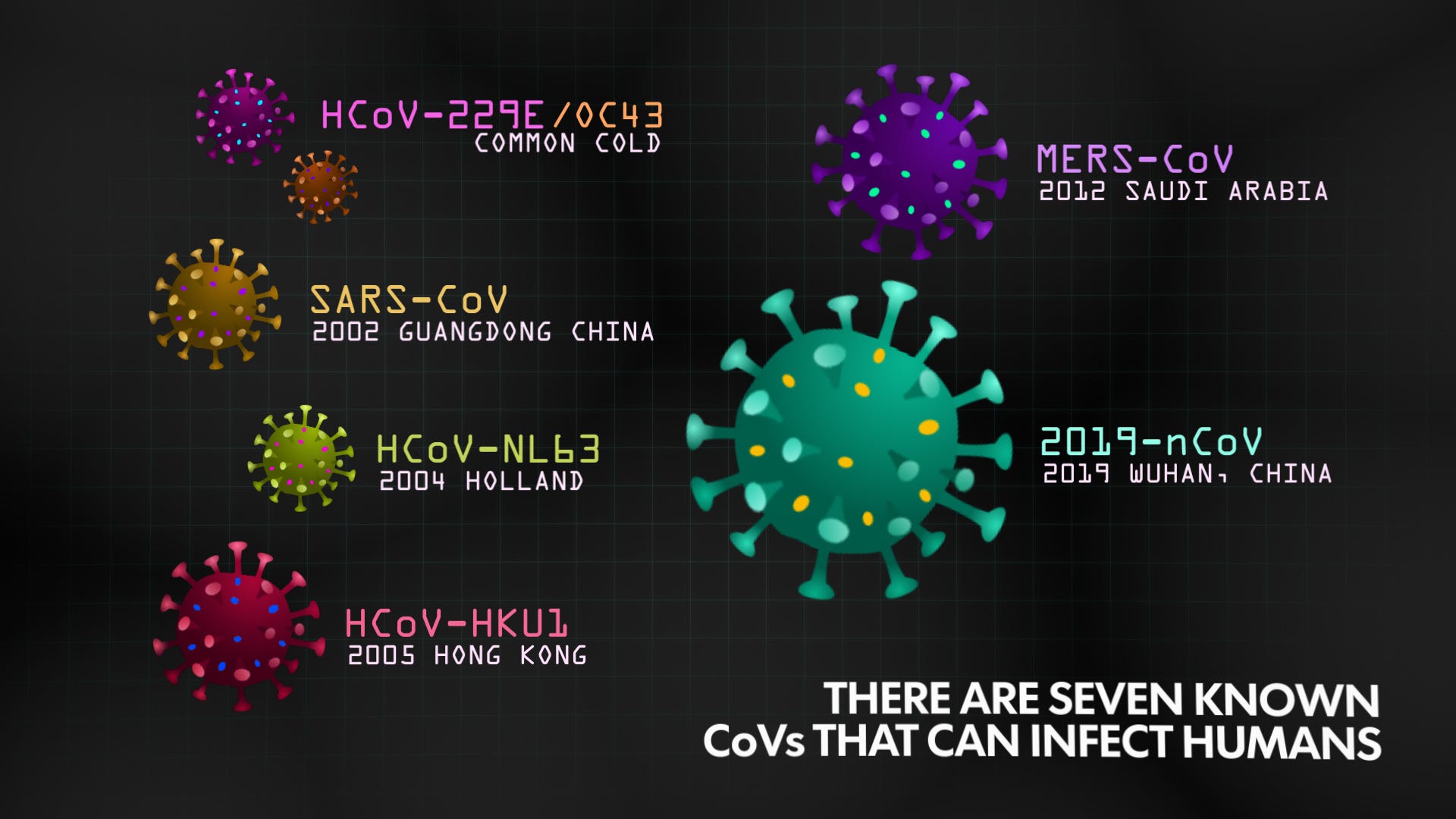LANSING, Mich. – Dr. Joneigh Khaldun, chief medical executive and chief deputy for health at the Michigan Department of Health and Human Services (MDHHS), encourages other frontline health care workers to get vaccinated.
Dr. Khaldun received her vaccine at Henry Ford Hospital on Thursday evening.
“I have been honored to continue working in the emergency department during this pandemic, taking care of patients with COVID and other health conditions. The toll this has taken on health care workers both physically and mentally sometimes seems insurmountable, but now there is hope,” said Khaldun. “The arrival of this vaccine in Michigan is our way forward and signals that the end of this pandemic is near. I am getting this vaccine so I can continue to take care of patients in the emergency department, and so that I don’t spread it to other staff, patients, or have to stay out because I am ill. I commit to continuing to do whatever I can to fight this pandemic, on the front lines in the ER or supporting the state in my role as chief medical executive.”
Other health care professionals received the vaccine from each of Henry Ford’s five hospitals. The vaccine, developed by Pfizer, was recently approved by U.S. Food and Drug Administration and the U.S. Centers for Disease Control and Prevention.
Gov. Gretchen Whitmer thanked Dr. Khaldun and all frontline healthcare workers for their service.
“It’s crucial that our health care workers are among the first to get the safe and effective vaccine to protect them while they serve on the front lines of the COVID-19 pandemic,” said Governor Whitmer. “I want to remind Michiganders that it will take some time for the vaccine to be widely distributed to everyone. That’s why it’s so important that we all do our part by masking up, practicing safe social distancing and avoiding indoor gatherings where the virus can easily spread from person to person. Stay smart, and stay safe.”
Here are the phases in which the COVID-19 vaccine will be administered:
- Phase 1A includes paid and unpaid persons serving in health care settings who have direct or indirect exposure to patients or infectious materials and are unable to work from home, as well as residents of long-term care facilities
- Phase 1B includes some workers in essential and critical industries, including workers with unique skill sets such as non-hospital or non-public health laboratories and mortuary services
- Phase 1C includes individuals age 16 years or older who are at high risk for severe COVID-19 illness due to underlying medical conditions, and people 65 years and older
- Phase 2 is a mass vaccination campaign for all individuals aged 16 years or older
